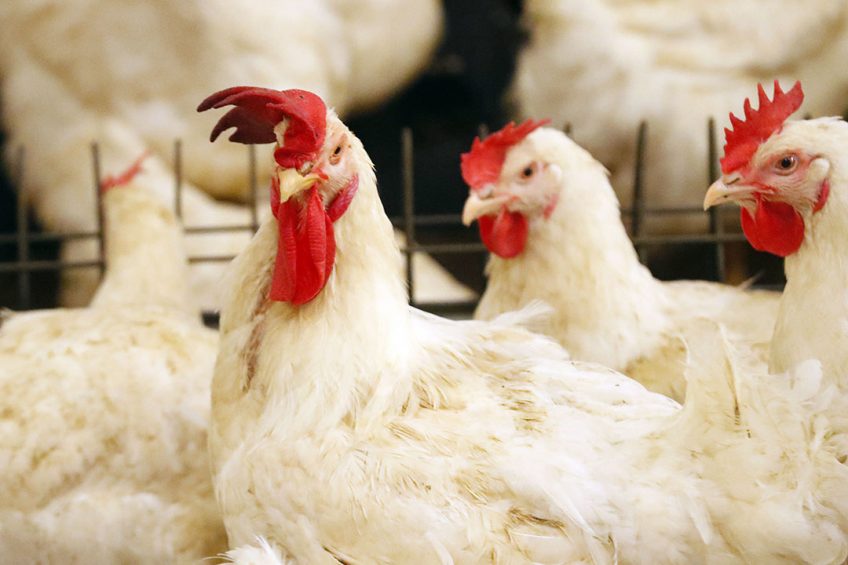Russia wants to cut import-dependence breeding stock

Russia must gradually start decreasing its dependency on imported breeding stock, Russian deputy Prime Minister Victoria Abramchenko stated recently. To make things happen a new programme titled ‘Establishing a national competitive meat chicken crossbreed for growing broilers’, was adopted.
“Our main priority is guaranteeing food security in the main agricultural sectors. Meeting the demand of our producers with seeding and breeding material is an important part of that job,” Abramchenko explained. “Unfortunately we see a strong import-dependence in these fields. For example, in the broiler industry, we import around 98% of the breeding stock crossbreeds while the country’s self-sufficiency in broiler meat is at 100%,” Abramchenko added.
To become self-sufficient, the Russian government is supporting companies to develop new crossbreeds and to promote them among Russian farmers. For example, Russia already has the Smena broiler crossbreed. Preliminary field trials in 5 Russian regions has shown advantages of that crossbreed, as compared to the imported broilers, Abramchenko said.
 Russian food stamps to help push poultry consumption
Russian food stamps to help push poultry consumption
Russian meat and poultry producers have asked the government to allocate $ 11 billion for a food stamps programme – to support demand for the remainder of 2020 for multiple products, including poultry meat and eggs.
Subsidies available for development of broiler crossbreeds
The government has also set targets to improve the technological base in the industry. The companies working on new crossbreeds are eligible for subsidies for modernisation of incubation, raising and keeping poultry as well as feeding, diagnosing, and preventing diseases. In the federal budget some Rub4.4 billion ($ 80 million) is earmarked for developing breeding stock over a 5 year period.
15% self-sufficiency on poultry crossbreeds
Until 2025 the goal is to get at least 15% self-sufficiency on crossbreeds. In the coming few years the go to home grown breed would be the new Russian crossbreed Smena 9, but it is expected that others will follow with subsidies as a persuasion.
Russian breeding farm Smena announced that it has started to test the new crossbreed Smena-9 at 2 breeding farms in the Chelyabinsk Oblast in April of 2020. The company plans to register the new crossbreed in the second half of 2020 to get government approval for commercialisation.
 Russian authorities want to ensure domestic supply
Russian authorities want to ensure domestic supply
The Russian government is considering measures to ban export of certain food products. Their aim is to ensure domestic supply and prevent turbulence on the domestic market because of the new coronavirus Covid-19 pandemic.
Concerns about import-dependence of the Russian poultry industry on imported crossbreeds
During the past few years, the Russian government has repeatedly raised concerns over the import-dependence of the Russian poultry industry on imported crossbreeds. According to the government, even with the high level of self-sufficiency on broiler meat and eggs, the country has no real food safety. The government fears that possible sanctions affecting the import of crossbreeds could drive the Russian poultry industry to the edge of collapse.







![Birthe Steenberg, AVEC’s Secretary General: “Our [poultry] sector operates under the highest standards of animal welfare, biosecurity and sustainability in the world. Photo: Canva](https://www.poultryworld.net/app/uploads/2024/10/Untitled-design-79-389x260.jpeg)





